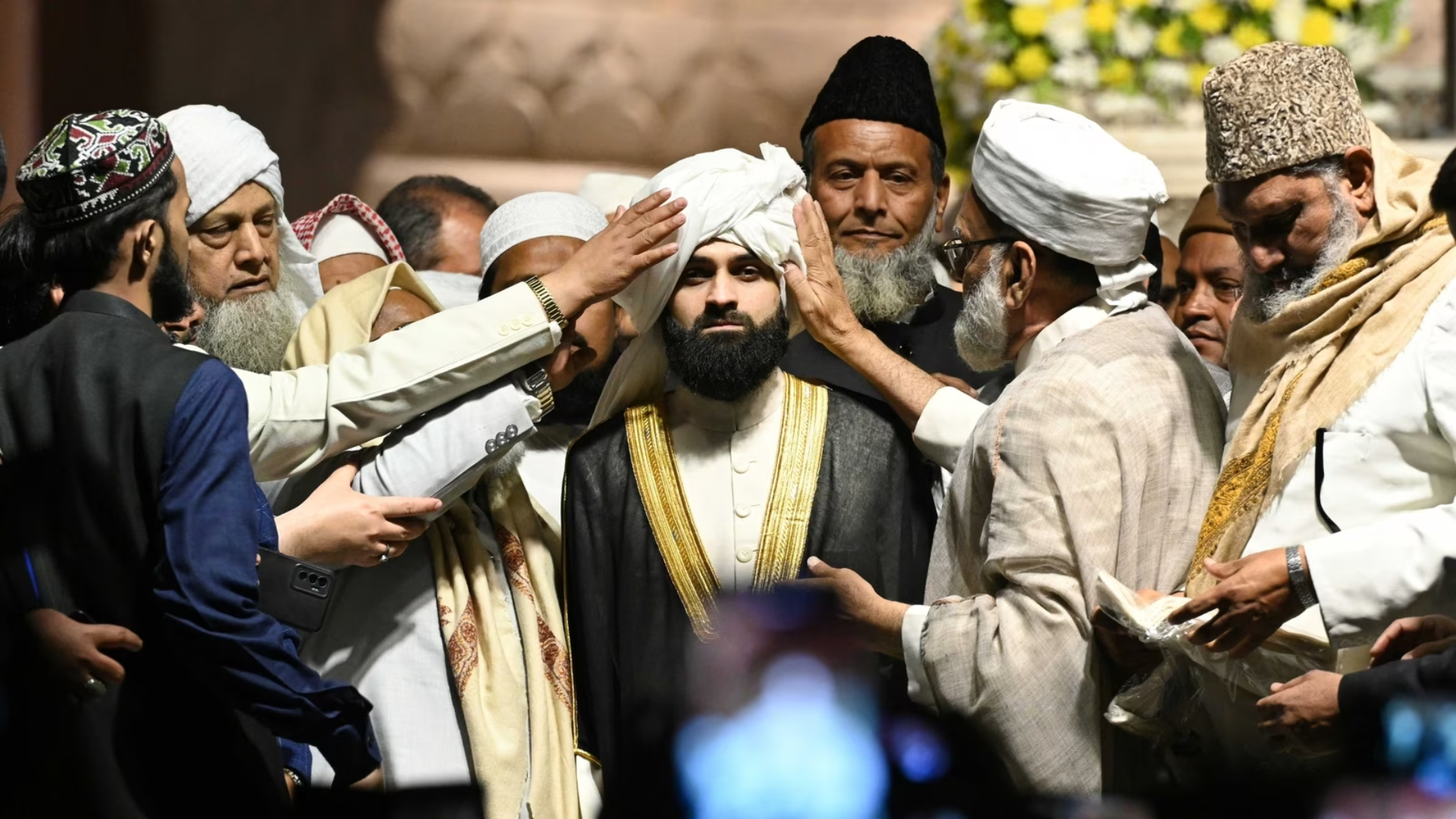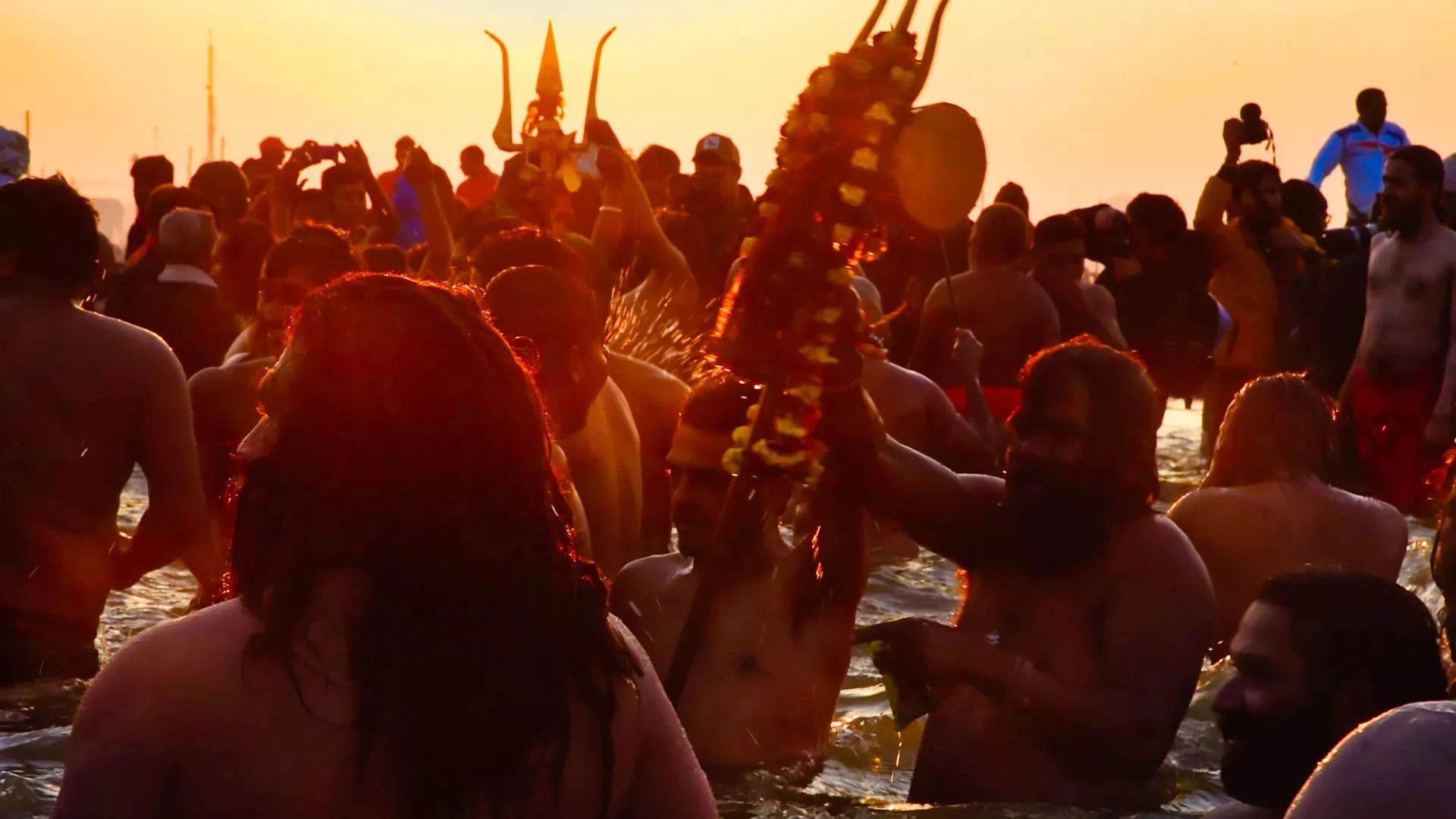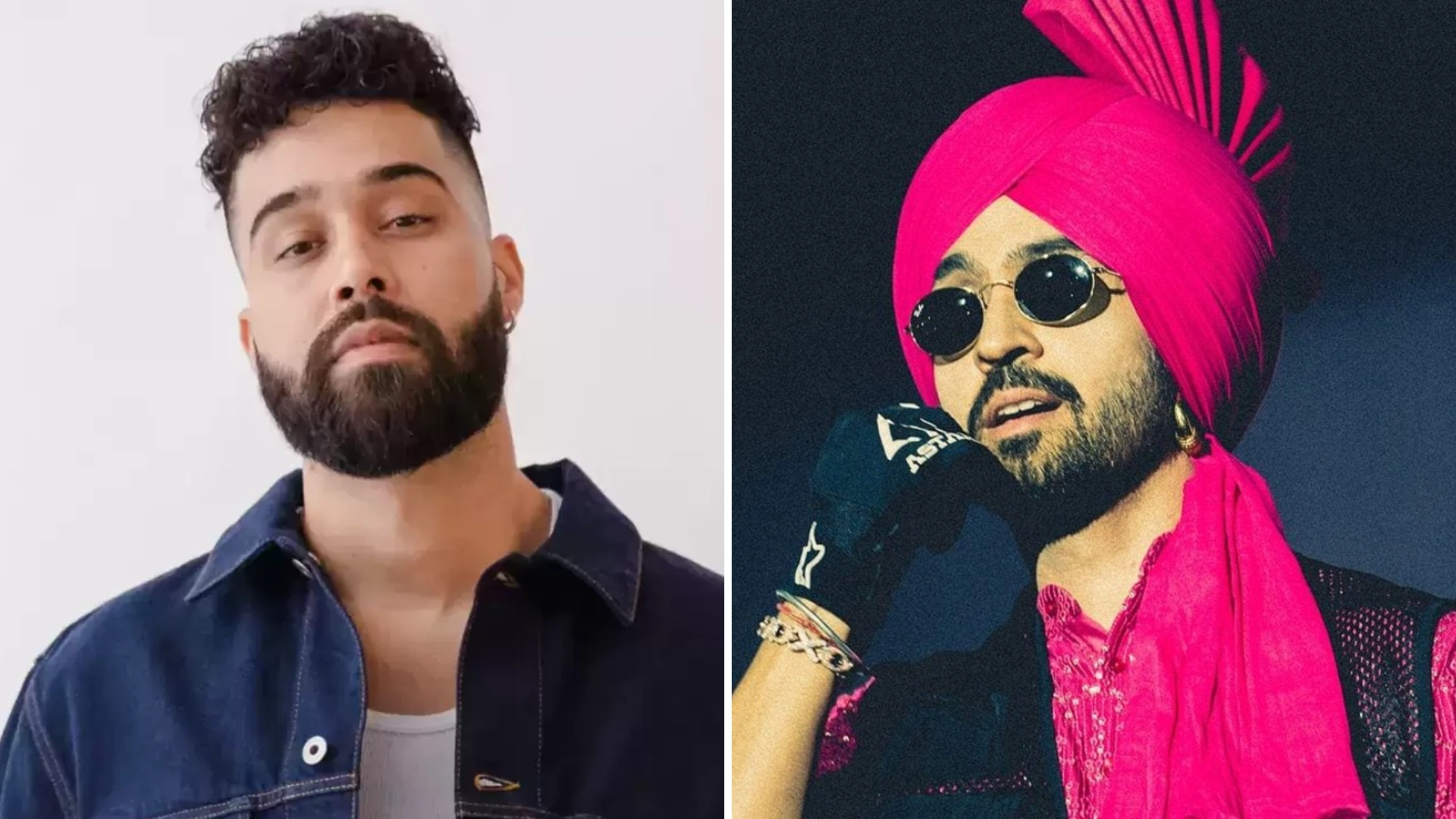‘Shab-e-Barat’, also known as the ‘night of forgiveness’, is a significant festival observed on the 14th and 15th night of Sha’aban, the eighth month in the Islamic calendar. Muslims across the country came together to celebrate this holy festival on Sunday. In numerous countries, during the night of Shab-e-Barat, communities gather to seek forgiveness for the sins and wrongdoings of their departed ancestors. This act is believed to usher in goodness, goodwill, and optimism for the future.
On this auspicious occasion, the Shahi Imam of Delhi’s Jama Masjid, Syed Ahmed Bukhari, declared his son as his successor in a ‘dastarbandi’ ceremony held at the courtyard of the grand mosque. The ceremony is led by tying a ‘dastarbandi’ (turban) on the head of the next Imam, followed by prayers.
Syed Ahmed Bukhari said, “This is the night of prayer. It’s the night of forgiveness from sins. Everyone should pray in silence and later everyone should go to their homes.”
Shab-e-Barat celebrations were observed at Nizamuddin Darga, in Delhi
















